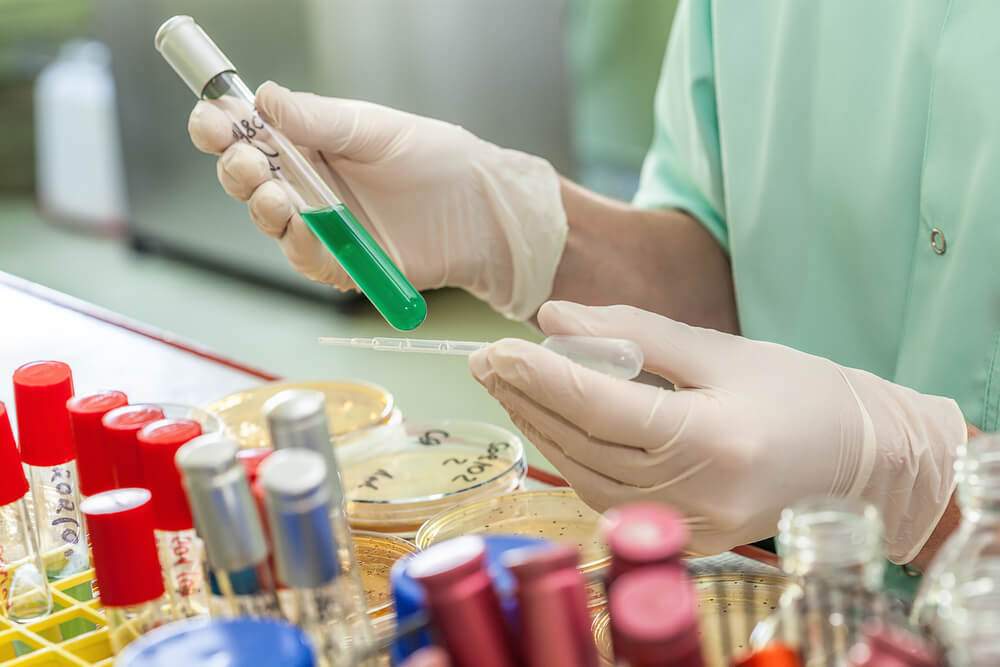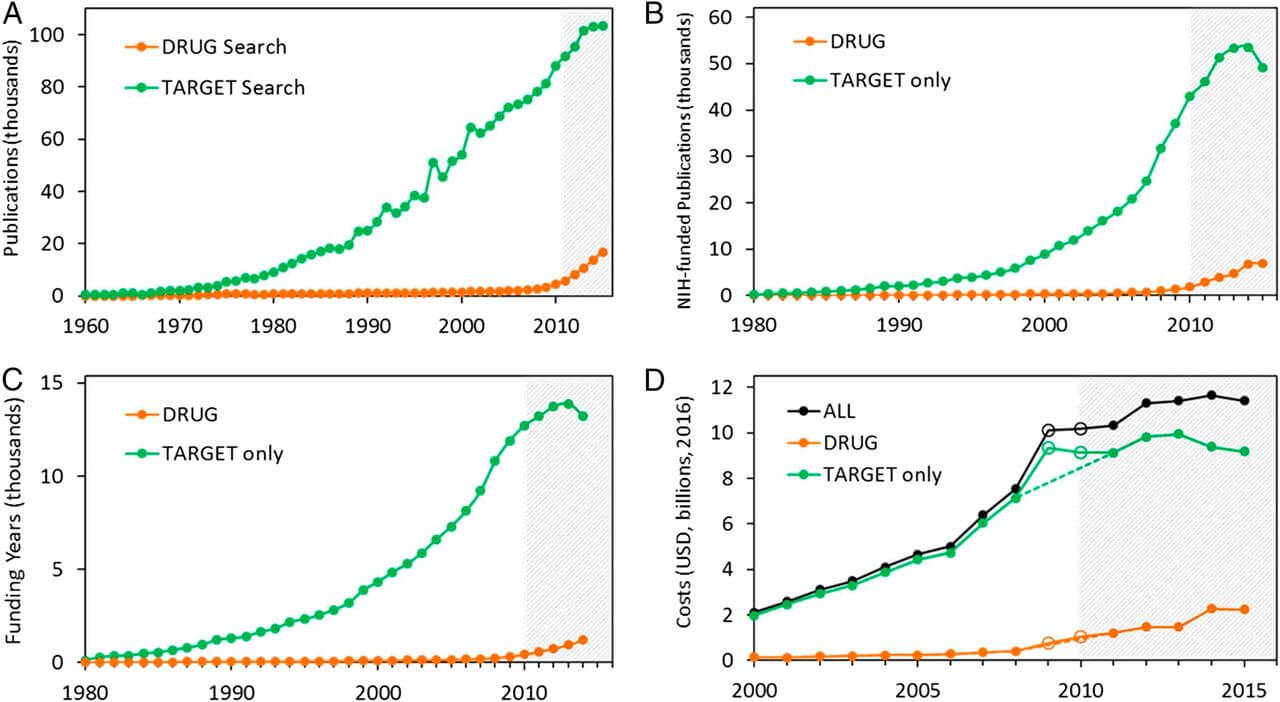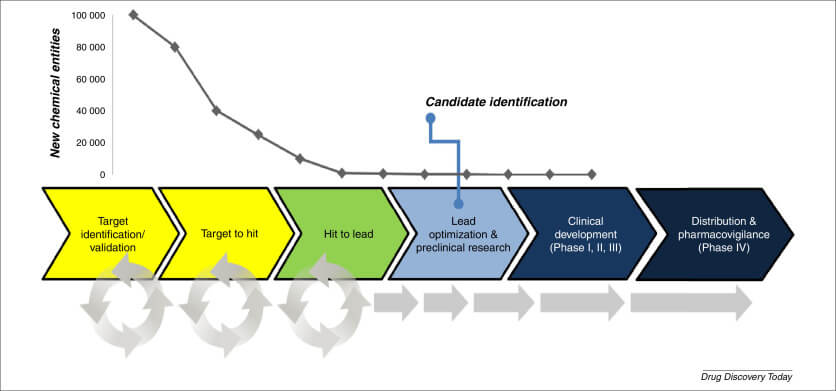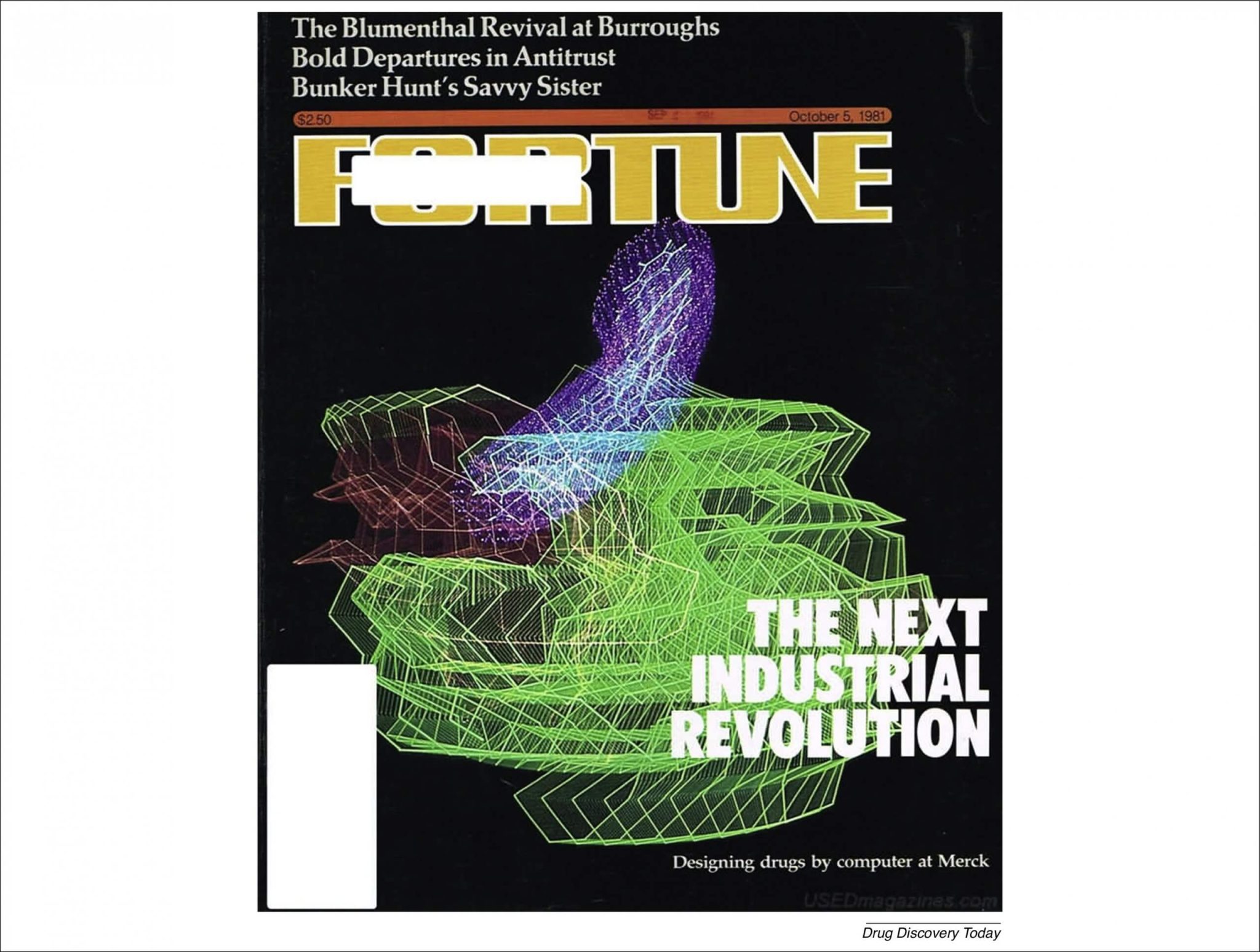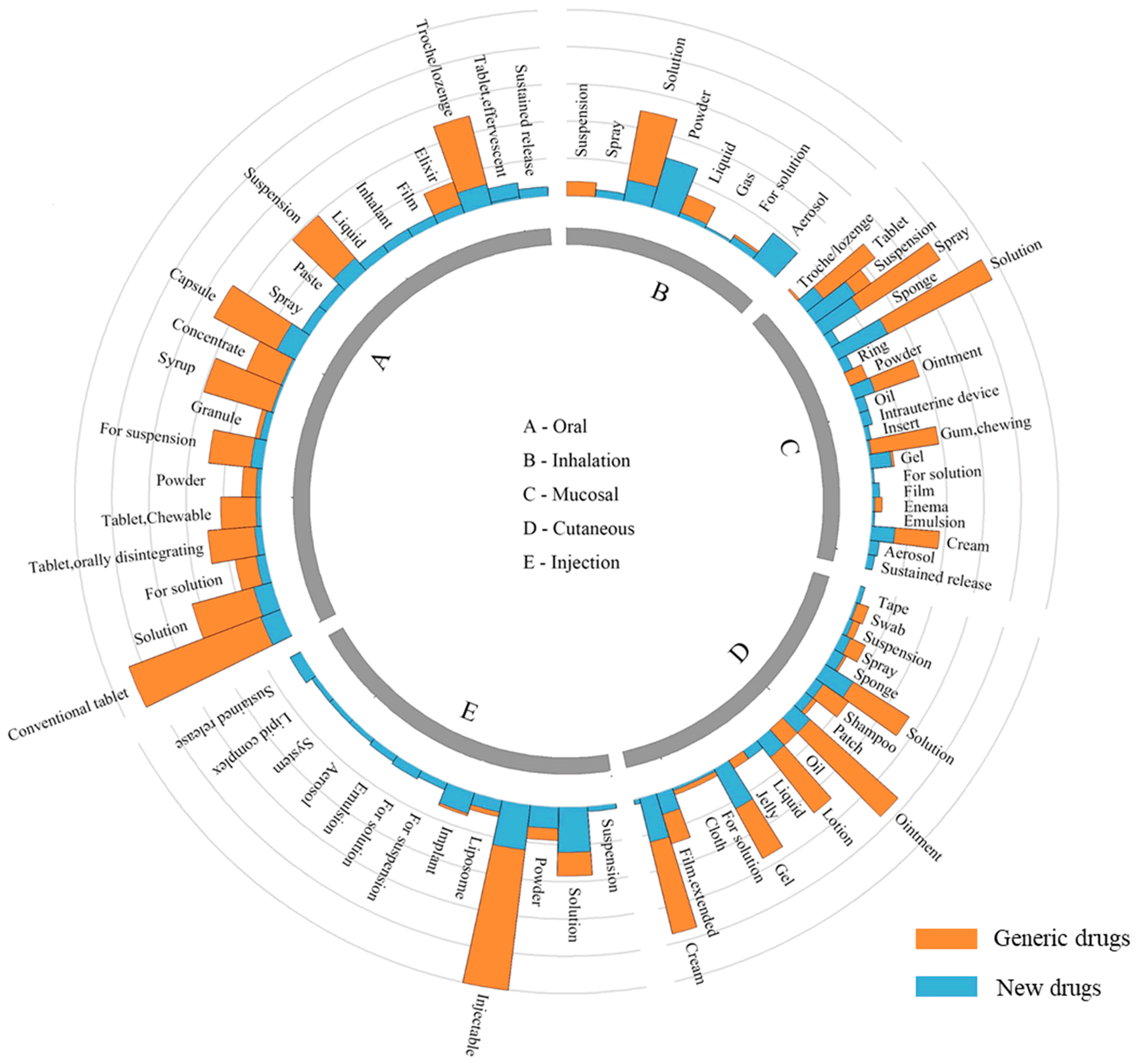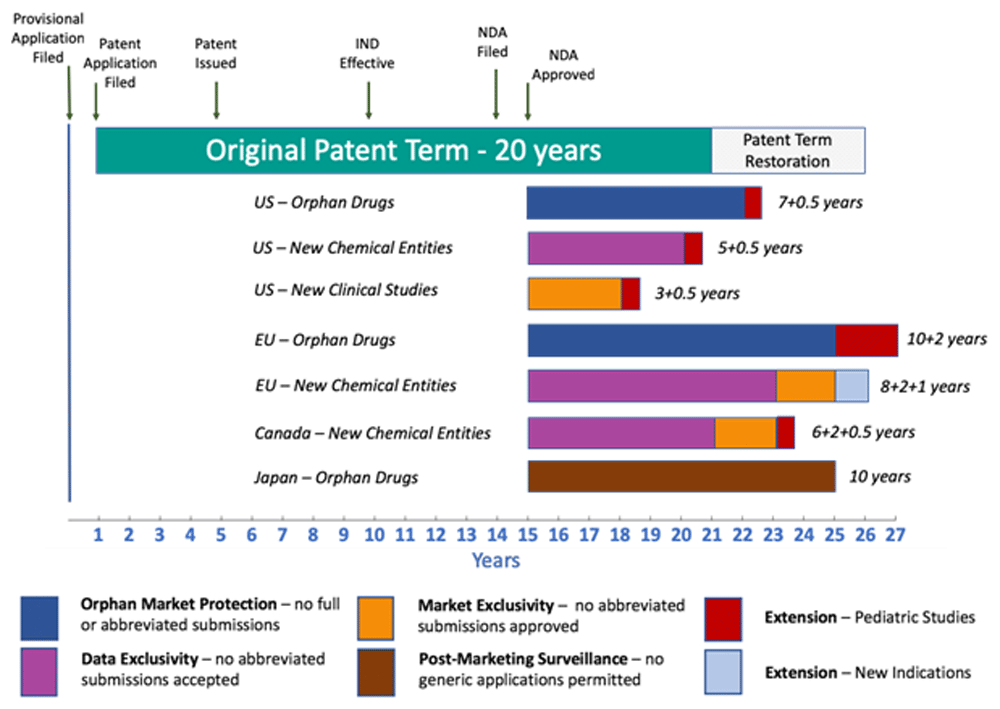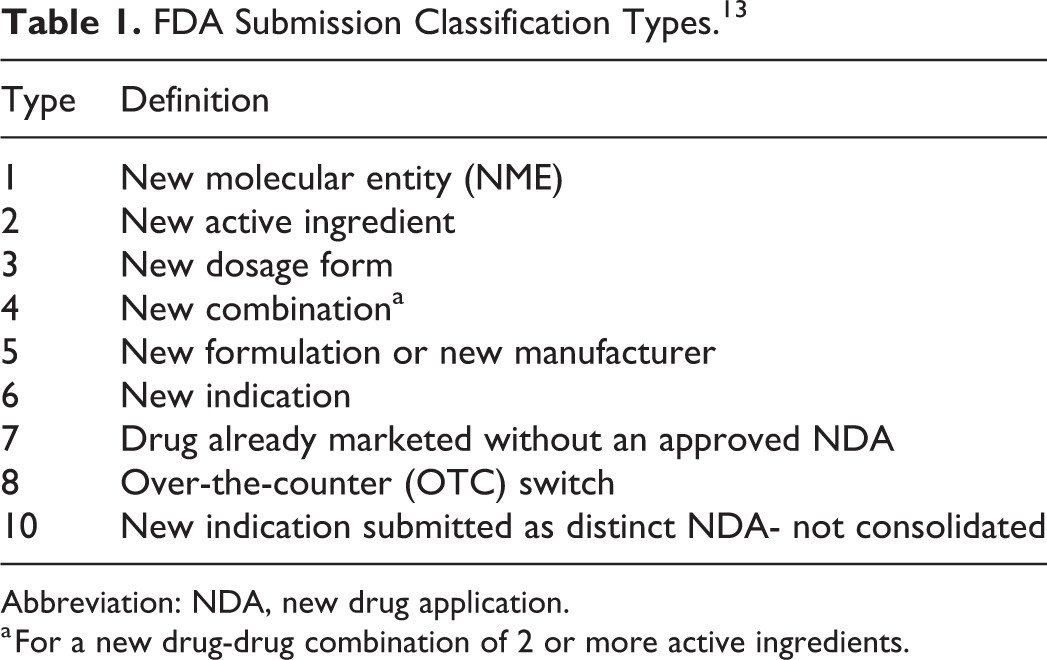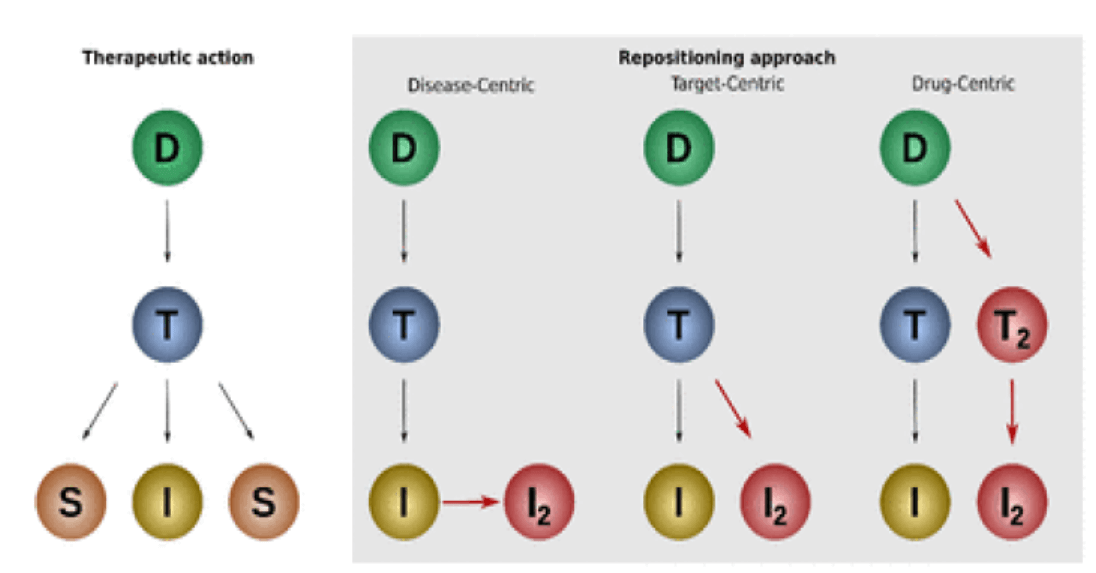
Effective communication is crucial for generic drug teams to ensure timely and accurate submissions to regulatory bodies, such as the United States Food and Drug Administration (FDA). This article will delve into the best practices and strategies for communicating with the FDA, highlighting key points from industry experts and regulatory guidelines.
Effective Communication Strategies for Generic Drug Teams
Importance of Timely Communication
Timely communication is vital in the generic drug industry. Robert Gaines, PharmD, MBA, Captain, US Public Health Service, and Deputy Director of the Office of Program and Regulatory Operations at the FDA’s Center for Drug Evaluation and Research (CDER), emphasizes the importance of anticipating submission timing and ensuring that all necessary information is included in the submission. This includes communicating with the Drug Master File (DMF) holder to anticipate submission timing, as DMF submissions can impact the ANDA goal date.
FDA Communication Channels
The FDA provides several channels for communication, including Information Requests (IRs), Discipline Review Letters (DRLs), and Regulatory Business Process Managers (RBPMs). IRs are used to request further information or clarification needed to complete the assessment, while DRLs provide preliminary findings by the assessment team. RBPMs serve as the primary point of contact for all OPQ-related communications internally and with industry.
Best Practices for Responding to IRs and DRLs
When responding to IRs and DRLs, it is essential to provide complete and timely responses. Partial responses will not be accepted, and late responses may impact the goal date or be deferred until the next assessment cycle. Additionally, responses should only include information related to the IR/DRL and should not include additional or gratuitous information that could impact timelines.
Extension Requests
If an extension is needed to respond to an IR/DRL, it should be requested as soon as possible by contacting the RBPM. The RBPM and assessment team will work together to determine if an extension will be granted, ensuring that the response is complete and timely.
Other Considerations
Other key considerations include ensuring that all current facilities and responsibilities are clearly listed on the 356h Form and that cover letters for post-marketing submissions clearly indicate the type of change being submitted. For group supplements, it is crucial to be mindful of the implications of requesting changes to one application, as it may impact all applications listed in the group.
Professional Communication and Team Collaboration
Effective communication and team collaboration are critical in the healthcare industry. Professional communication involves imparting or exchanging thoughts, opinions, or information by speech, writing, or signs. It is essential to foster a team collaboration environment, which can be achieved through sessions on team dynamics, communication skills, phone etiquette, assertiveness training, diversity training, and conflict resolution.
Communication Strategies in Pharmacy
In pharmacy, communication strategies involve identifying and weighing therapeutic alternatives to identify the best recommendation. This includes considering the discipline, generalist versus specialist, academic versus nonacademic provider, and personality of the provider. The optimal method of delivery should be chosen, and the message should be clear, complete, concise, timely, professional, and organized.
Medications and Doctor-Patient Communication
Good communication about medication use with patients involves recognizing that communication is a two-way process. It includes core content about why to consider medication and actionable messages about how to take it. Doctors should deliver this information in a way that is interwoven into two-way conversations with patients about their views, experiences, and values.
Best Practices for Communication Between IND Sponsors and FDA
The FDA recognizes the importance of timely and effective communication during the IND phase of drug development. Best practices include formal meetings, written correspondence, and email communication. Sponsors should share contact information for alternative backups and the mutual understanding of communication methods and frequency.
“Effective communication is a two-way process, and it is essential to include core content about why to consider medication and actionable messages about how to take it.” – RACGP
Conclusion
Effective communication is vital for generic drug teams to ensure timely and accurate submissions to regulatory bodies. By following best practices and strategies outlined in this article, teams can ensure that their submissions are complete, timely, and compliant with regulatory guidelines. This includes anticipating submission timing, using the appropriate communication channels, and responding to IRs and DRLs in a timely and complete manner. Additionally, fostering a team collaboration environment and using structured communication techniques can enhance teamwork and reduce errors.
References
- FDA. (2022). Best Practices and Strategies for Communicating with FDA.
- NCBI. (n.d.). Professional Communication and Team Collaboration.
- ACCP. (2017). Communication Strategies in Pharmacy.
- RACGP. (2021). Medications and Doctor-Patient Communication.
- FDA. (n.d.). Best Practices for Communication Between IND Sponsors and FDA.
